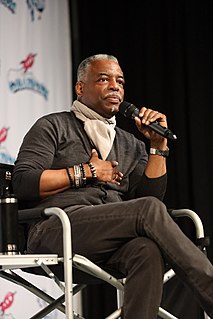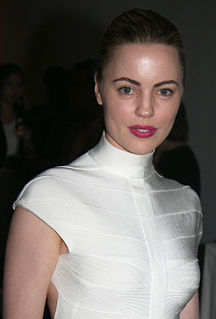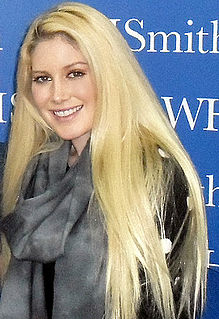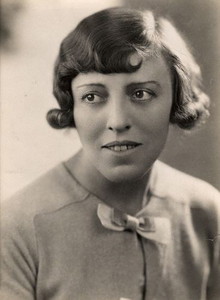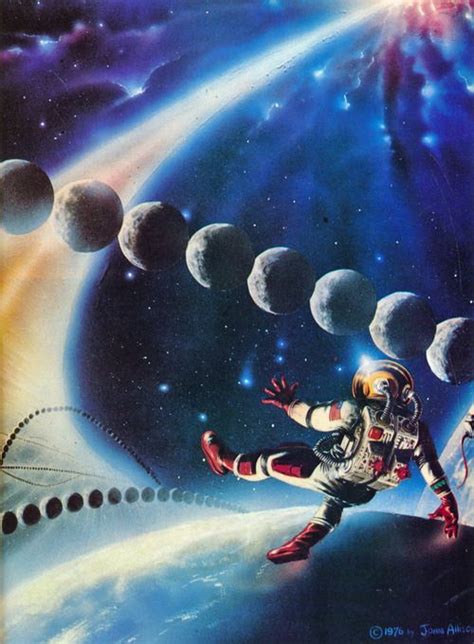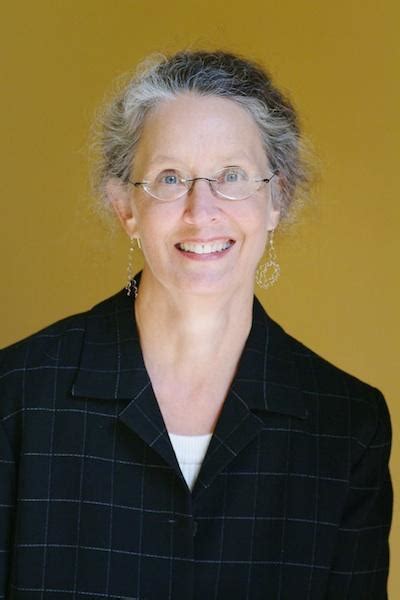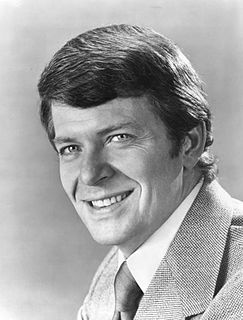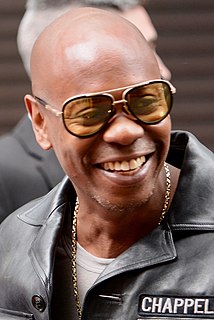A Quote by Mark Bradford
When I was thirteen, I was in a supermarket with my mother, and for no reason at all, I picked up a science-fiction book at the checkout stand and started reading it. I couldn't believe I was doing that, actually reading a book. And, man, it opened up a whole new thing. Reading became the sparkplug of my imagination.
Related Quotes
You never know what you're in for when you take a role. When you're reading the script, you're in some café in New York and you're loving life and it sounds great because it's like reading a book. When you step into that book and you actually have to play it out, for real, it's a totally different ball game.
For most people, what is so painful about reading is that you read something and you don't have anybody to share it with. In part what the book club opens up is that people can read a book and then have someone else to talk about it with. Then they see that a book can lead to the pleasure of conversation, that the solitary act of reading can actually be a part of the path to communion and community.
At the time, I was reading this Miles Davis book, and he was talking about coming to New York right after he was in high school. It kind of made me feel like, "Yeah." I didn't want to go to college; I wanted to do stand-up. And I figured, "What's the point of doing stand-up around DC? I'm always going to be under-appreciated there because I started there." I felt like I was strong enough and unique enough that I should give it a big leash to shine. New York was the best thing that ever happened to me as a comedian.

